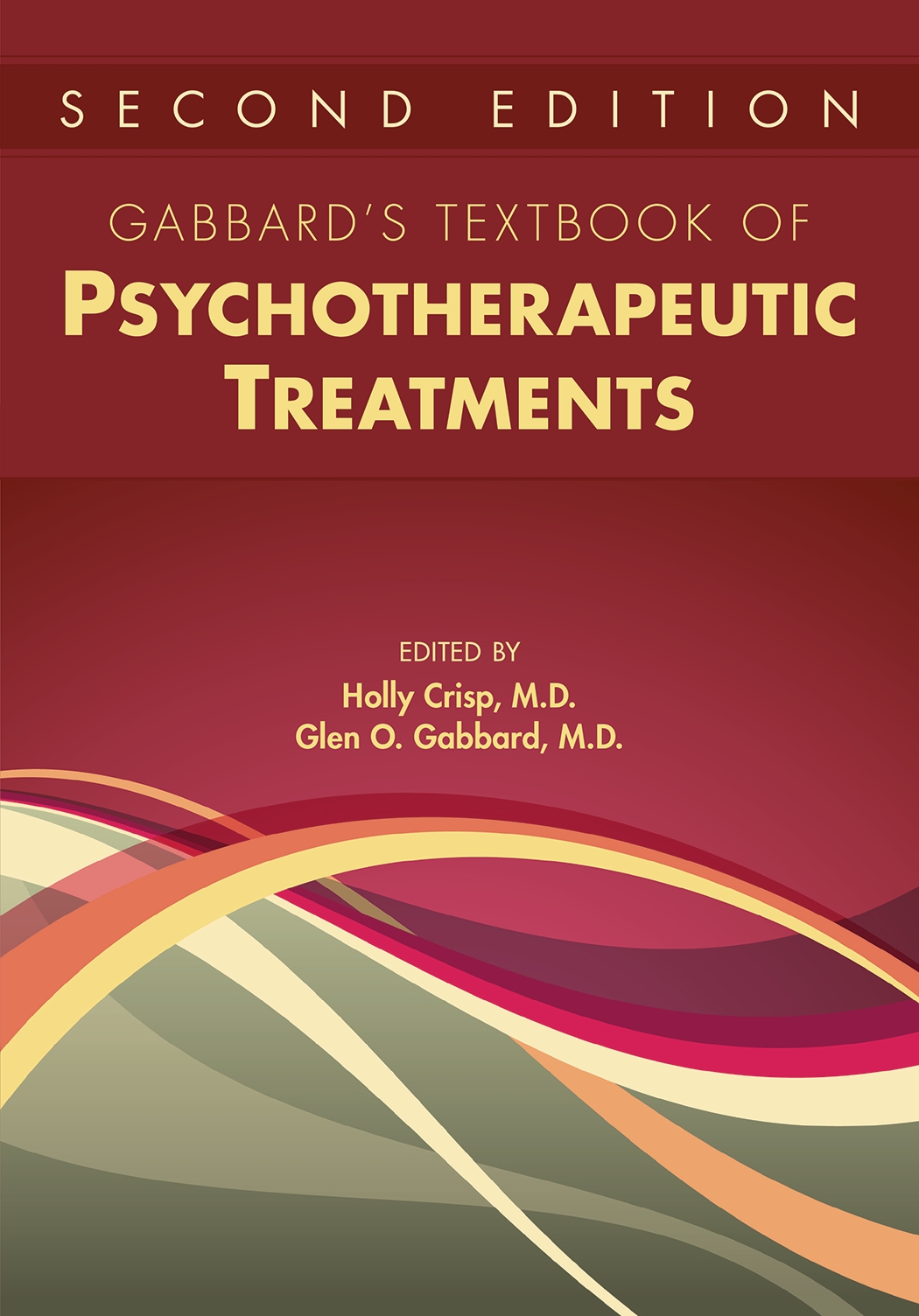Sections
Excerpt
In this chapter, we attempt to explore and provide useful insights into the experience of African American people for anyone working clinically with this population or, more broadly, communities made up of people from the African Diaspora. Our goal is to capture this experience through the histories of the African American people to explore how psychology and psychiatry, in particular, have been primary contributors to systemic racist practices that keep Black people from seeking mental health care and discourage those considering training in the mental health field (Baquet and Corbett 2020). The field of social work, while also historically embedded in racist viewpoints and practices (e.g., Dominelli 1997), has tended toward an orientation that is more explicitly attentive to issues of race and discrimination than its other mental health counterparts, although it is not devoid of discriminatory and exclusionary practices (Bobo 2001, 2004; Bonilla-Silva 2015).
Access content
To read the fulltext, please use one of the options below to sign in or purchase access.- Personal login
- Institutional Login
- Sign in via OpenAthens
- Register for access
-
Please login/register if you wish to pair your device and check access availability.
Not a subscriber?
PsychiatryOnline subscription options offer access to the DSM-5 library, books, journals, CME, and patient resources. This all-in-one virtual library provides psychiatrists and mental health professionals with key resources for diagnosis, treatment, research, and professional development.
Need more help? PsychiatryOnline Customer Service may be reached by emailing [email protected] or by calling 800-368-5777 (in the U.S.) or 703-907-7322 (outside the U.S.).



